When starting a nonprofit organisation to benefit wider society, many people assume that they have to set it up as a charity. However, you should know that nonprofits come in various forms, each with its own benefits. Among them are community interest companies (CICs).
To help you get to grips with the difference between charities and CICs, we’ve written this blog post. It should answer all the questions you have, but if we miss something, don’t hesitate to get in touch with us.
Charity vs CIC: what’s the difference?
Charities and CICs are legal structures that you can use to set up a social enterprise that works towards a charitable goal. However, the ways they work in practice are vastly different from one another.
Community benefit versus charitable objects
The main difference between CICs and charities surrounds the goals of the two organisations. As you’ll probably know, charities must offer charitable services to get their status.
However, CICs are actually a type of business that trade with a social purpose or use their profits to benefit the community.
So, if you’re more business-orientated or have a great commercial idea to create profit that you can commit to social causes, this might be the right structure for you. Common CICs include:
- recreation and leisure services (e.g. community sports club)
- arts centres and cultural events
- cafes or shops in which all profits are used to benefit the community
- local transport services
- youth centres or projects
- skills and training services.
Profit-making versus nonprofit
Another big difference between charities and CICs is that CICs are not typically dependent on donations and fundraising as they can have a mix of income, including contracts, trading income and fundraising. This is in stark contrast to charities, which rely on donations for funding.
However, while CICs are expected to make a profit, they are also expected to reinvest it into their work, as well as distribute a portion to owners or investors. Charities, meanwhile, should not profit from their activities.
You should know, however, that CICs can still accept grants and should — especially when they are starting out or expanding.
Reporting requirements
Charities must produce financial statements in a specific format, including reports on public benefit and payments made to trustees.
CICs, meanwhile, have simpler financial statements. However, they do have to also complete a CIC report, which outlines the community benefits the organisation brings, directors’ remuneration and more.
Charities are regulated by the Charity Commission and, if incorporated, Companies House, while CICs are regulated by Companies House and the CIC Regulator.
Taxes
CICs are subject to corporation tax on their surpluses, while charities are generally exempt from paying corporation tax.
Charities can also benefit from rate relief on their premises and claim Gift Aid on donations to increase their value by 25%. CICs, on the other hand, are not automatically entitled to rate relief and usually cannot access Gift Aid.
Advantages and disadvantages of CICs and charities
CICs
Advantages of running a CIC include:
- Entrepreneurial freedom: Running a CIC allows individuals to blend entrepreneurial endeavours with social impact.
- Greater revenue generation: CICs have greater flexibility in generating revenue, potentially allowing them to do more for community benefit.
- Operational autonomy: CICs only need a single director, so tend to have autonomy in decision-making.
Disadvantages of running a CIC:
- Profit distribution limitations: Unlike traditional companies, CICs face restrictions on what they can do with profits, including how much they can pay to directors and shareholders.
- Market challenges: CICs may face market challenges that can threaten their goals. They need to compete effectively to generate revenue while staying true to their social objectives.
- Perception and public recognition: If you run a CIC, you may face challenges in distinguishing yourself from both traditional businesses and charities.
Charities
Advantages of running a charity include:
- Public benefit focus: Charities have a clear and primary focus on addressing social issues and supporting communities without having to spend time on commercial activities.
- Tax benefits: Charities enjoy tax-exempt status, allowing them to allocate more resources towards their mission.
- Recognition: Charities often receive recognition and support from the public, media and Government that CICs sometimes struggle to create.
Disadvantages of running a charity include:
- Resource constraints: Charities often face resource constraints, including limited funding, staff shortages and tight budgets.
- Regulatory requirements: Charities are subject to stricter regulatory frameworks and reporting requirements compared to CICs.
- Dependency on volunteer support: While volunteers bring valuable contributions, recruiting, managing and maintaining a volunteer workforce can be challenging.
Still not sure whether running your nonprofit as a CIC or charity is for you? Get in touch with us to discuss your ideas.







